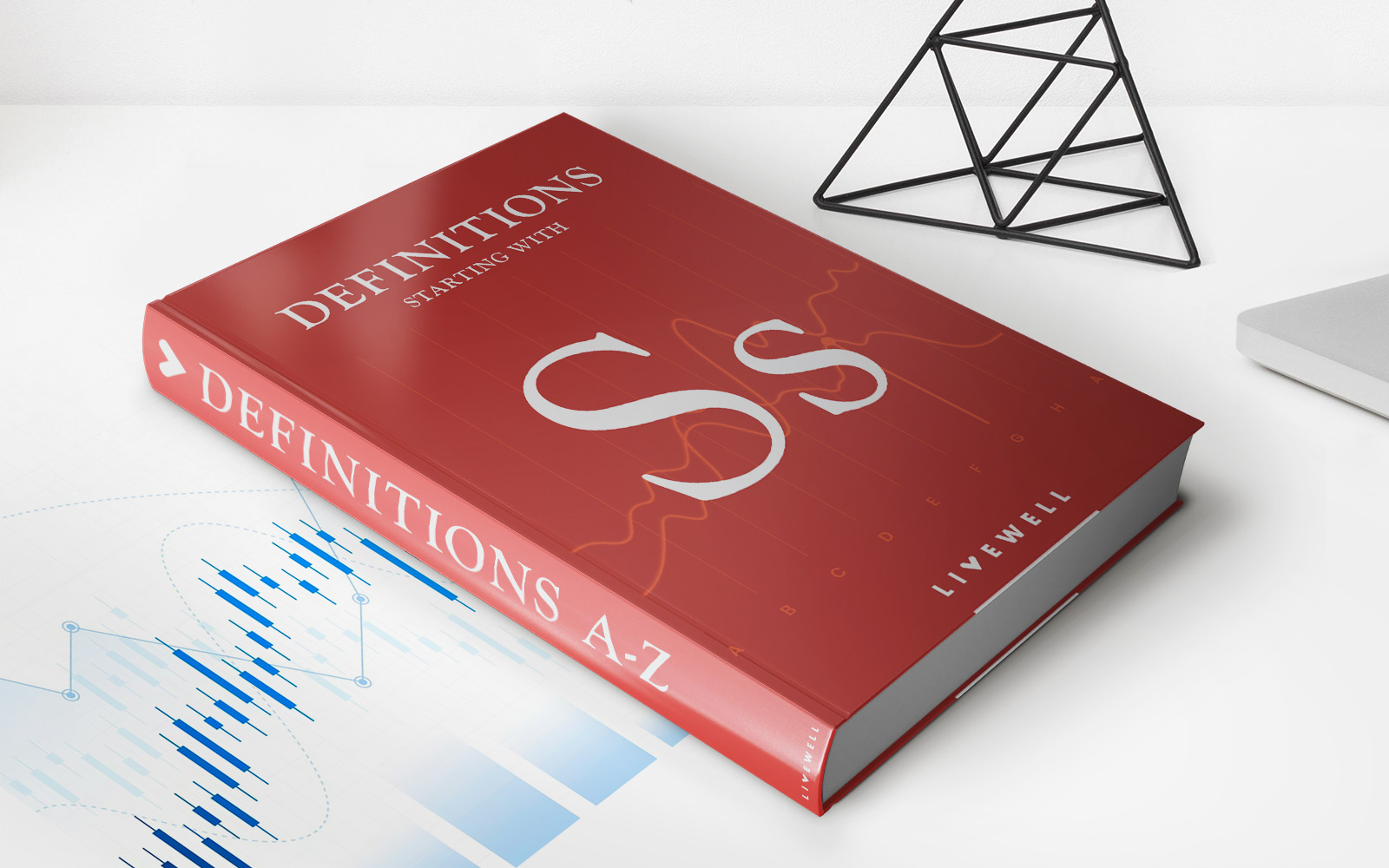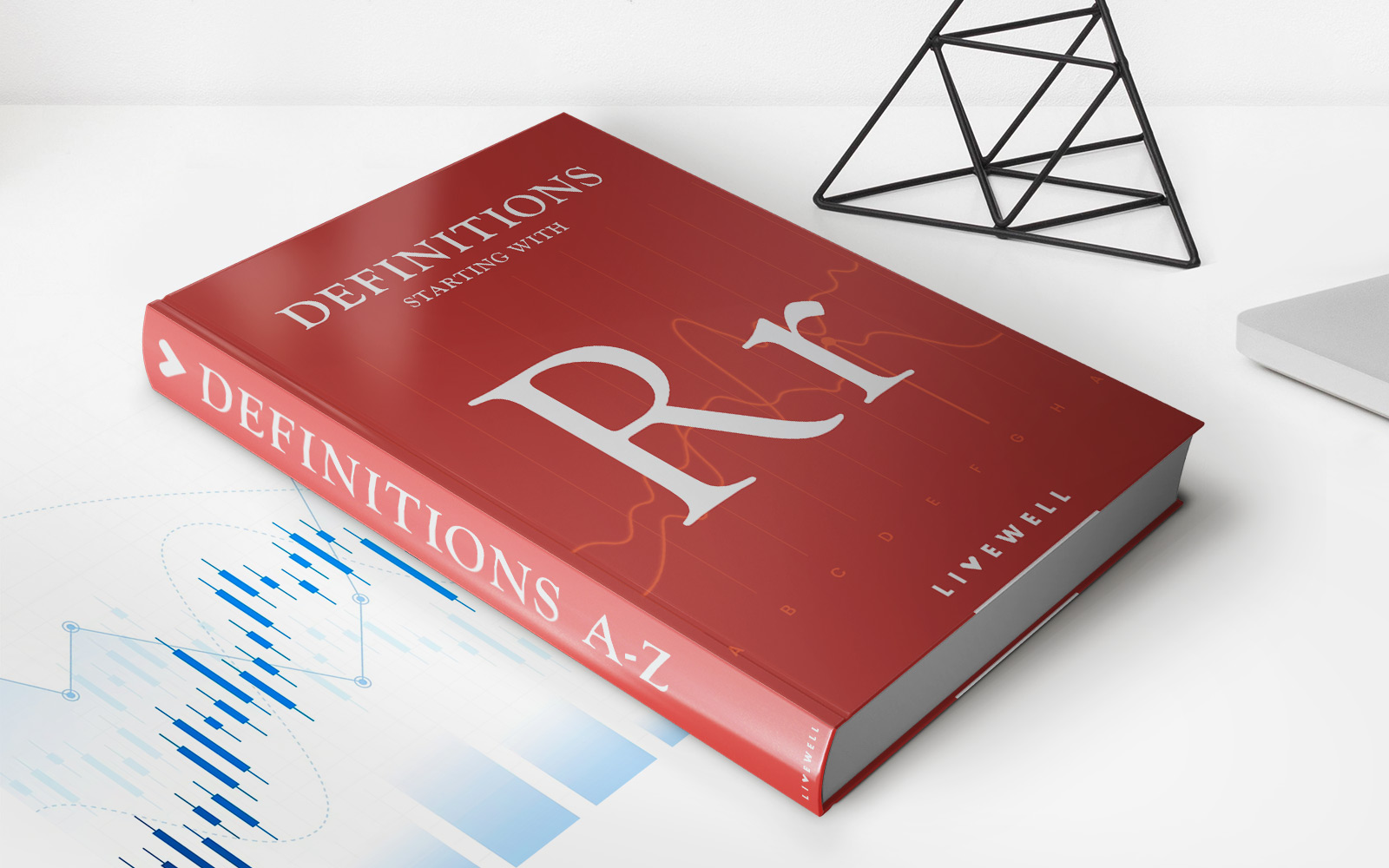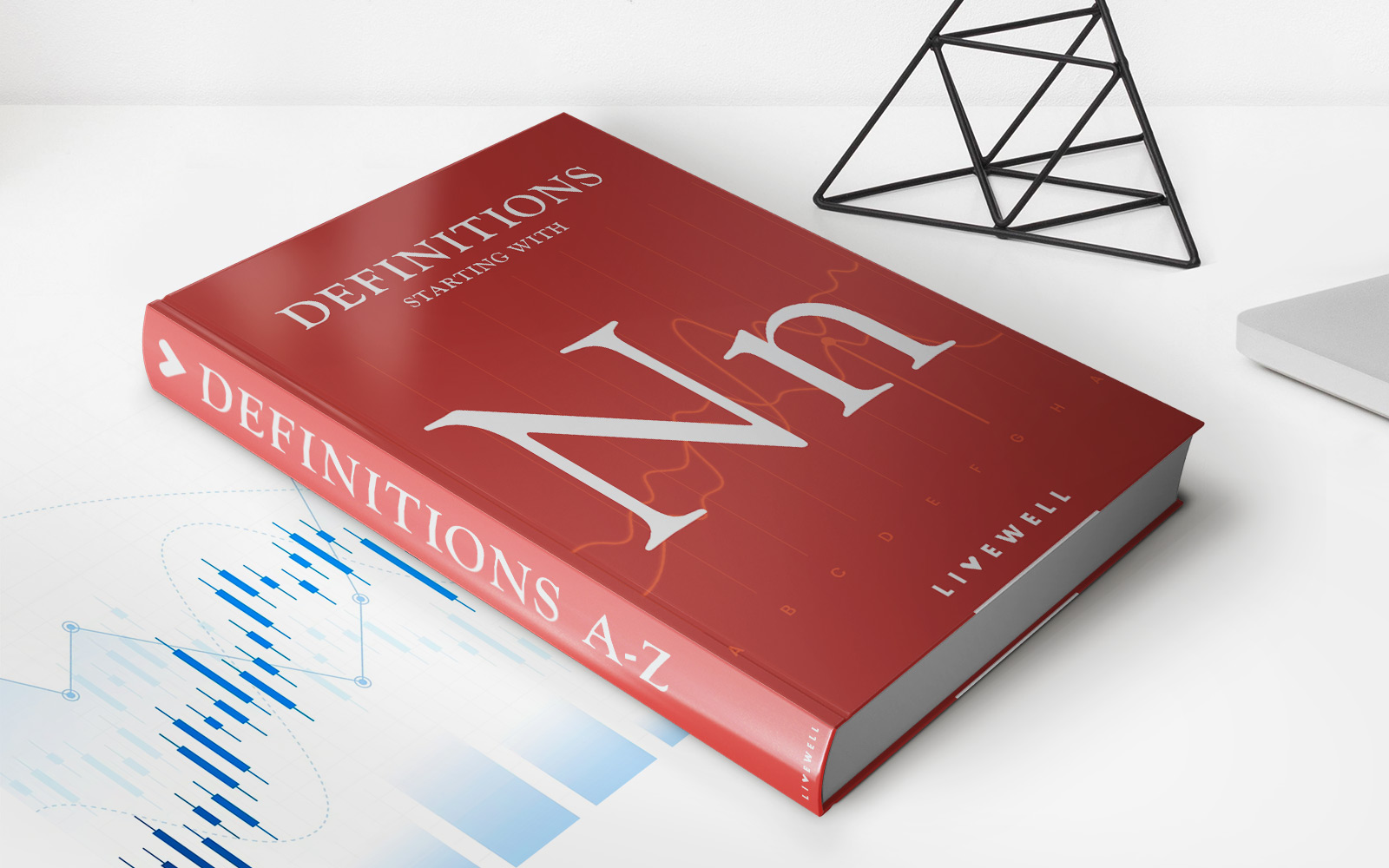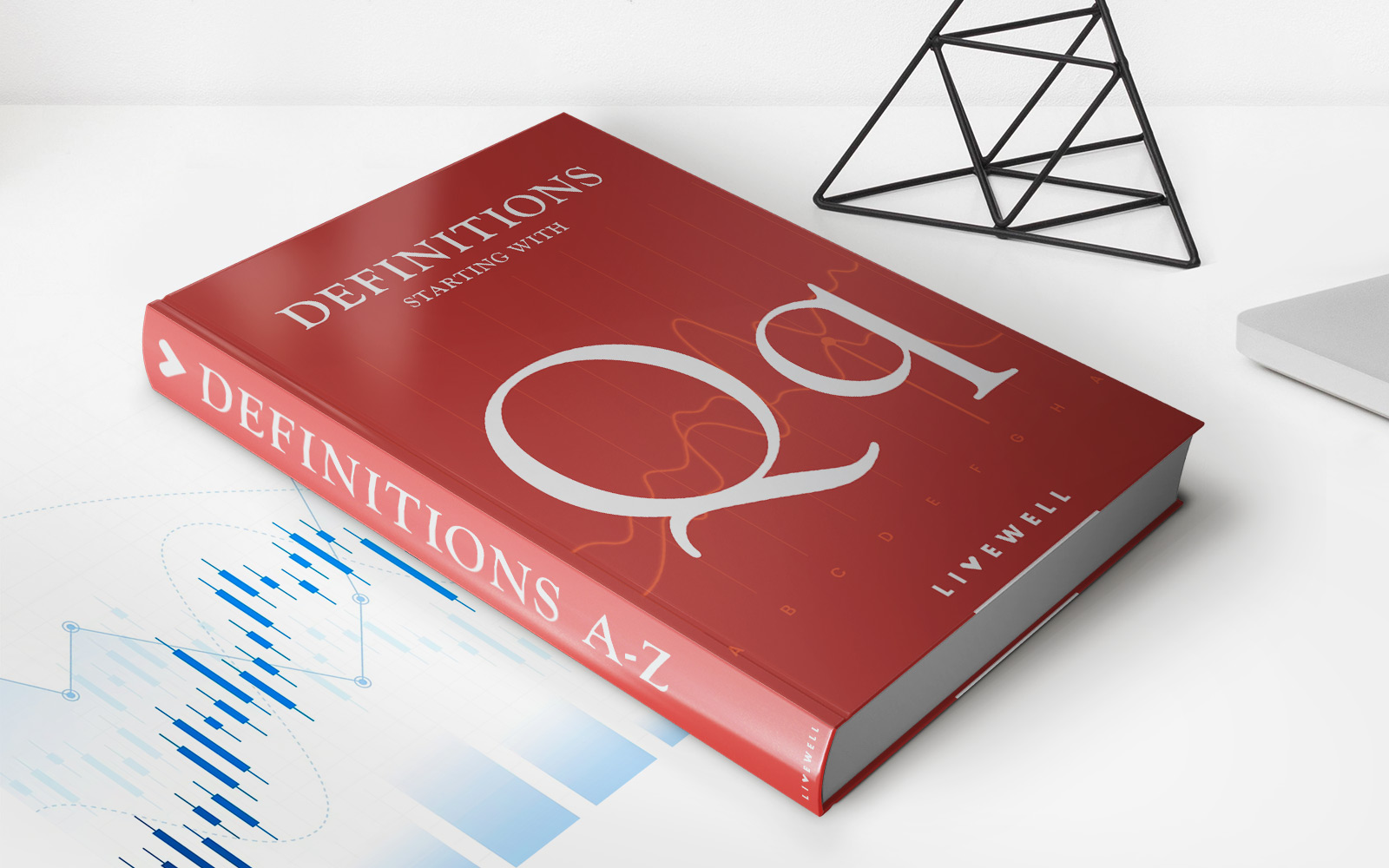Home>Finance>Savings Association Insurance Fund (SAIF) Definition


Finance
Savings Association Insurance Fund (SAIF) Definition
Published: January 23, 2024
Learn about Savings Association Insurance Fund (SAIF), a key financial protection mechanism for banks and financial institutions. Understand its importance in the finance industry and how it safeguards the savings of individuals and businesses.
(Many of the links in this article redirect to a specific reviewed product. Your purchase of these products through affiliate links helps to generate commission for LiveWell, at no extra cost. Learn more)
Understanding the Savings Association Insurance Fund (SAIF)
When it comes to matters of finance, it’s crucial to fully comprehend the various regulatory entities and insurance funds that help protect our savings. One such fund is the Savings Association Insurance Fund (SAIF). In this blog post, we will delve into the definition and purpose of SAIF, shedding light on how it works and why it is important for both individual depositors and the financial industry as a whole.
Key Takeaways:
- SAIF is a government corporation that insures deposits in savings associations and savings banks.
- It provides depositors with confidence, knowing that their money is protected up to a certain limit in case of a bank failure.
What is the Savings Association Insurance Fund (SAIF)?
The Savings Association Insurance Fund (SAIF) is essentially a government corporation that operates under the umbrella of the Federal Deposit Insurance Corporation (FDIC). Established in 1989, SAIF was created to insure deposits in savings associations and savings banks, primarily those that are not members of the Federal Reserve System.
As an insurance fund, SAIF provides protection to depositors in the event of a bank failure. Its main objective is to instill confidence in individuals and businesses, assuring them that their deposits are safe and secure. By protecting depositors’ funds, SAIF plays a crucial role in maintaining stability and public trust in the financial system.
How Does SAIF Work?
SAIF works by collecting insurance premiums from insured banks and utilizing those funds to cover potential losses incurred by the failure of an insured institution. In the event of a bank failure, depositors are reimbursed up to a certain limit for their lost deposits. This limit is currently set at $250,000 per depositor per insured bank.
SAIF employs a risk-based assessment system to calculate insurance premium rates for member institutions. Banks that pose a higher risk to the fund are charged higher premiums, while those with lower risk pay lower rates. This system ensures that all insured banks contribute fairly to the fund based on their risk profile.
Why is SAIF Important?
The significance of SAIF lies in the protection it offers to individual depositors and the stability it brings to the overall financial system. Here are two key reasons why SAIF is important:
- Depositor Confidence: SAIF provides depositors with the confidence and trust they need to entrust their money to savings associations and savings banks. Knowing that their deposits are insured up to a certain limit allows individuals and businesses to safeguard their savings and conduct financial transactions with peace of mind.
- Financial System Stability: By insuring deposits, SAIF helps maintain stability in the financial system. Even in times of economic uncertainty or bank failures, the presence of a deposit insurance fund like SAIF ensures that depositors are protected and prevents panic withdrawals that could potentially lead to a larger crisis.
In conclusion, the Savings Association Insurance Fund (SAIF) is an essential element of the U.S. financial system, providing deposit insurance to savings associations and savings banks. By offering a safety net for depositors and promoting financial stability, SAIF plays a crucial role in safeguarding our savings and maintaining public trust in the banking industry.














